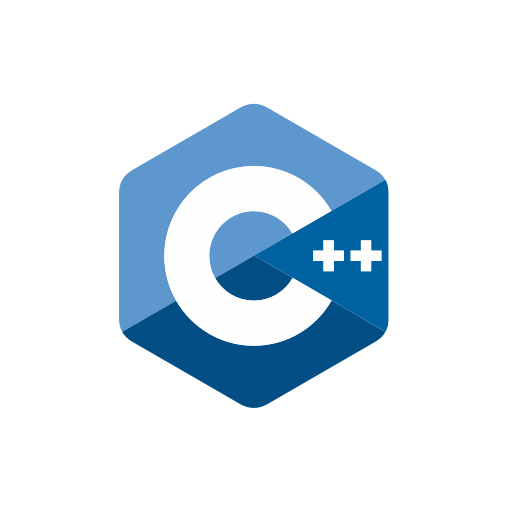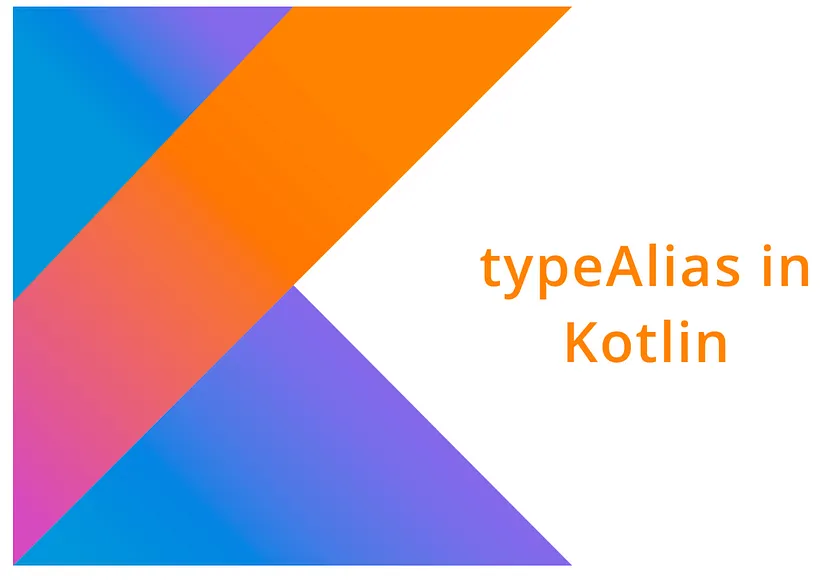Introduction
In the vast landscape of programming languages, C++ stands out as a cornerstone of modern software development. From operating systems to game engines, from financial modeling to scientific simulations, C++ is ubiquitous. Its blend of low-level control and high-level abstractions makes it a versatile and powerful tool for developers. In this blog, we’ll explore the history, features, and applications of C++, as well as its ongoing relevance in today’s technology landscape.
The History of C++
C++ was developed by Bjarne Stroustrup at Bell Labs in the early 1980s as an extension of the C programming language. The goal was to add object-oriented features to C, creating a more versatile language that could handle complex software projects more efficiently. Stroustrup initially called the new language “C with Classes,” but it was later renamed C++ as a nod to the increment operator in C, signifying the language’s evolution beyond its predecessor.
Key Features of C++
- Object-Oriented Programming (OOP): C++ supports the four pillars of OOP: encapsulation, inheritance, polymorphism, and abstraction. These features enable developers to create modular and reusable code, which is essential for managing large software projects.
- Low-Level Manipulation: Despite its high-level abstractions, C++ retains the low-level capabilities of C. This allows for fine-grained control over hardware and memory, making C++ ideal for system programming and performance-critical applications.
- Standard Template Library (STL): The STL is a powerful library that provides a collection of template classes and functions for data structures and algorithms. It enhances productivity by offering ready-to-use components like vectors, lists, queues, and more.
- Performance: C++ is known for its performance efficiency. The language is compiled, meaning that programs written in C++ are converted into machine code, which is executed directly by the hardware. This results in faster execution compared to interpreted languages.
- Flexibility: C++ supports multiple programming paradigms, including procedural, object-oriented, and generic programming. This flexibility allows developers to choose the best approach for their specific project requirements.



